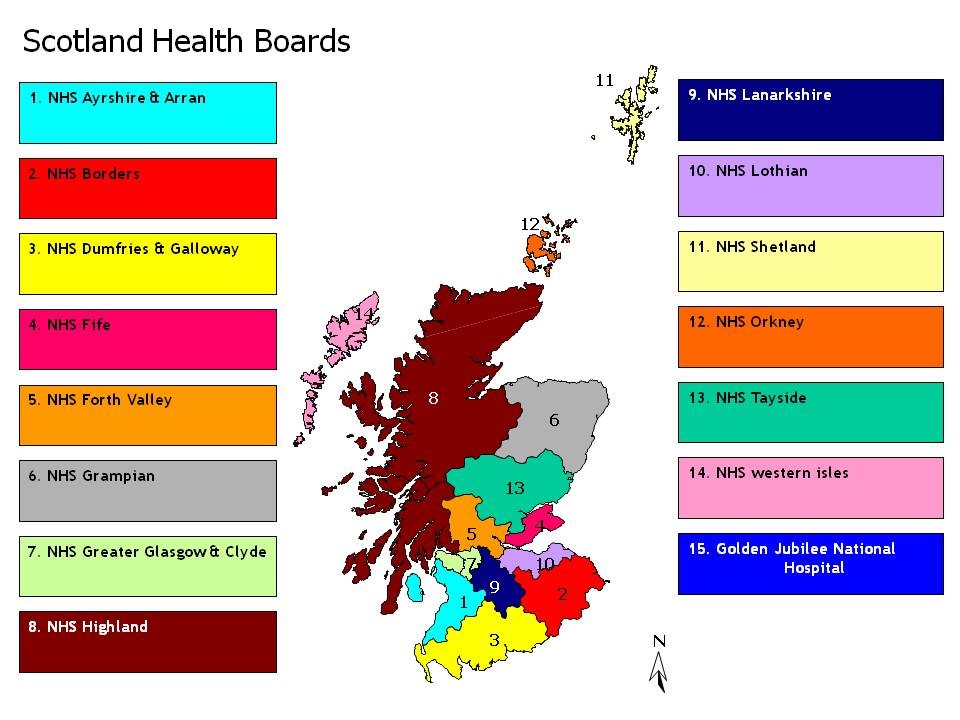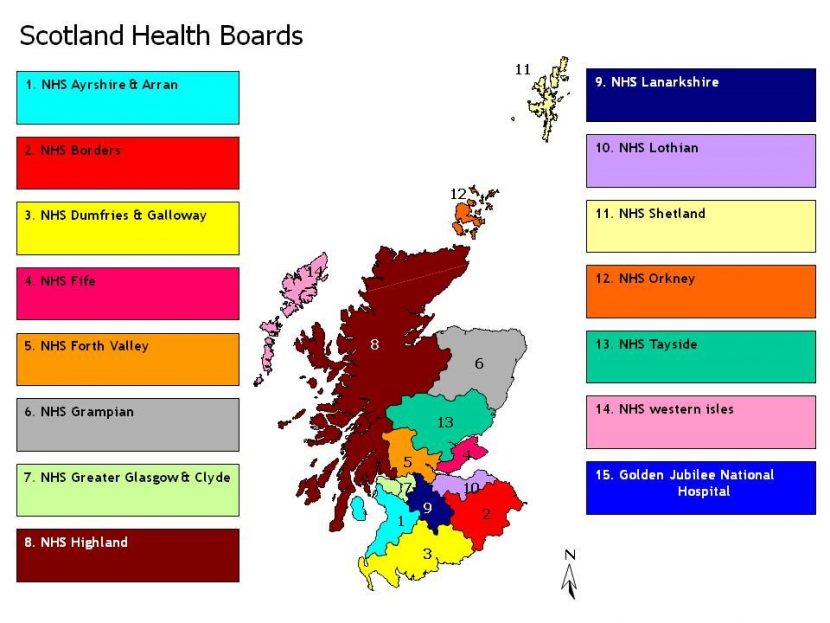Our latest blog is by Laura Fregonese, a final year PhD student with the SHIP research group. In this piece, she reflects on the process of data collection for her PhD
June 2022 marks the anniversary of my first interview for my research project. I remember that day like it was yesterday, as an emotional conversation between two human beings who had never met before; from the same interest point, but from different perspectives, coming together to share precious moments of their lives.
Since then, and up until now, there have been a lot of ups and downs. This blog highlights some of the toughest moments I experienced throughout this process.
My original plan was to recruit potential participants, supported by Infection Prevention Control (IPC) Managers as gatekeepers via identified Scottish NHS Boards. The Boards that were most suited to and capable of providing the necessary data in order to answer my research questions were chosen.
I planned to interview patients (post-hospital discharge) and their close family members to explore, understand and explain perceptions of being cared for in isolation for IPC when infected or colonised by multidrug-resistant organisms (MDROs) in Scotland.

Unfortunately, the Covid-19 Pandemic hit the world whilst I was going through the ethics process and obtaining the relative NHS permissions and, as with many other studies, my project was negatively impacted by the disruption. IPC managers became a rare commodity, and all of the NHS was stretched and under unprecedented pressure. The circumstances could not be helped so I had to move on with my project, considering the new restrictions. It was a time to ramp up my networking skills and go back to the drawing board!
I began by opening participation to more Scottish NHS Boards, which triggered an avalanche of emails, phone calls and online meetings. I was simultaneously running an active social media campaign and other promotional presentations. This was at times very challenging (and time consuming).

https://www.istockphoto.com/illustrations/lots-of-email
My days were scheduled around emails and meeting agendas; diary management became my biggest task. It was sometimes difficult to remain positive, as much as I tried to, when progress was so slow and things were not moving forward. In addition, the waves of lockdowns and the reduced number of routine hospital admissions were not conducive to identifying participants for my study. When IPC managers were available and able to talk to me, there were no patients nor family members who fitted my inclusion criteria.
It was time for another change in the project’s direction and, once again boosting my administration skills.
A major amendment to my project was the only way forward. To avoid changing the study’s whole design, I decided to add a new cohort of patients and their close family members being cared for in an all single-room hospital. By the time both cohorts were up and running, the peaks & waves of Covid-19 had passed, and routine hospitalisation was beginning to resume.
Now that the recruitment for my research is completed these challenging times are in the past.
I am grateful to all of my participants; their experiences are precious to me, and it was a privilege to share in their stories. A big thank you to my gatekeepers and their teams for their relentless support during unprecedented times and I also thank all of the NHS Boards and R & D team members people who have kindly helped me through the difficult and challenging admin aspects of my project.
It has been a long and winding road and a voyage of discovery. I had the opportunity to build good relationships and partnerships and gained lots of support from across the NHS Boards. This helped me to keep track of my work and to guide me towards the next steps.
During this process I have had my share, or perhaps even more than my share, of disappointments and challenges, even moment of despair. However, in the end, I found a way to assess, evaluate and reassess the situation as it evolved on my journey. Support from my supervisory team and my fellow @SHIPGCU teammates was essential and helped me through the process.
At the end of the day, being pragmatic was key to succeeding in this phase of my PhD journey.
To find out more about the SHIP team, head on to the GCU website, read the rest of our blogs and follow us on Twitter @SHIPGCU
